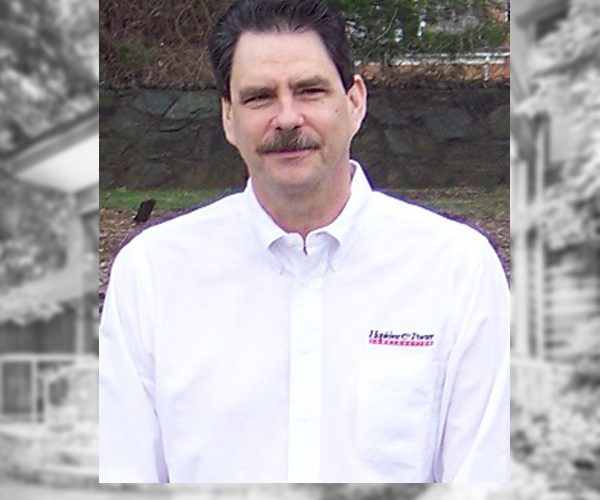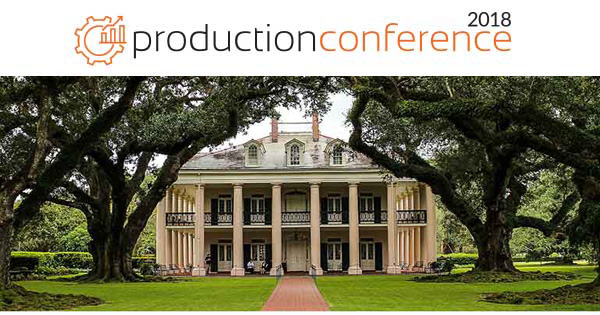Ep.28: Building the Ladder of Opportunity with David Keebler
Hiring and retention are big issues everywhere. As much as we talk about salary and bonuses, the way to get workers to stick around isn’t always about money. It’s more about the culture of your business, and the way you treat your employees from day one.
You need to give people a vision for what they can become, from the first interview. David Keebler returns to the podcast to talk to Tim and Steve about his ladder of opportunity, a step-by-step systematic approach to training and keeping good people.
David is the Production Manager for Harth Builders in Spring House, PA, and a Roundtables member since 2014. He oversees three Project Managers and six Lead Carpenters who are on target to produce $7 million this year.
The ladder is a roadmap for for potential growth for workers in the field. It quantifies what it takes to move up the ladder. In this competitive labor market, a ladder of opportunity can be the difference between a worker taking a job with your company.
David recommends giving yourself a deadline to create this ladder — gather input and commit to a deadline. Get buy-in and information from your Project Managers and Lead Carpenters. Set up a document that shows what is needed to advance, along with a realistic timeline. You’ll learn the benefits of implementing this system, including how it can:
- Reduce bickering and complaining
- Set clear expectations for pay rates
- Identify where your workers want to go
- Create a clear system for reviews
- Boost in motivation at all levels
- Accelerate training and scheduling
- Become a marketing tool
- Plus much more…
You’ll also learn how to train your employees to teach their field teams. Tapping into the knowledge of your team and setting clear goals will empower your production and hiring processes.
















